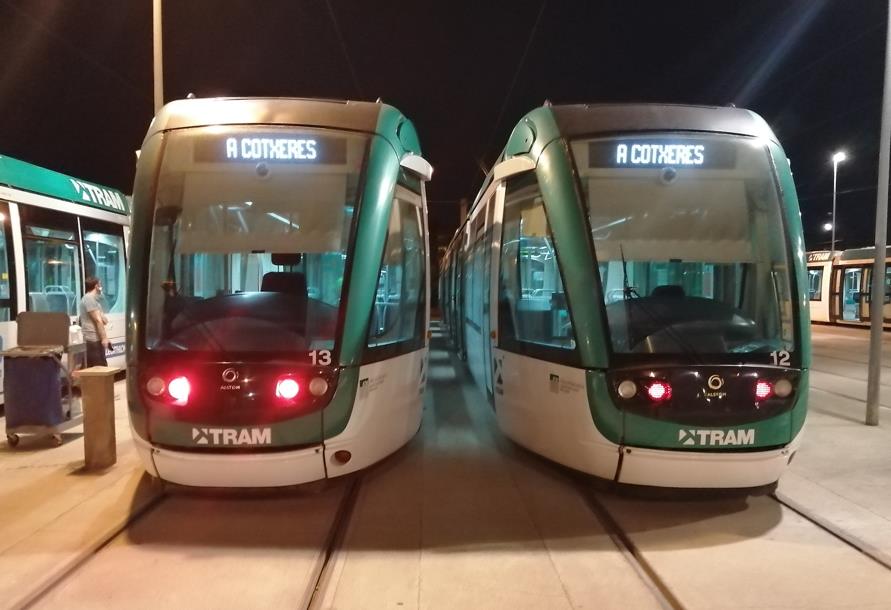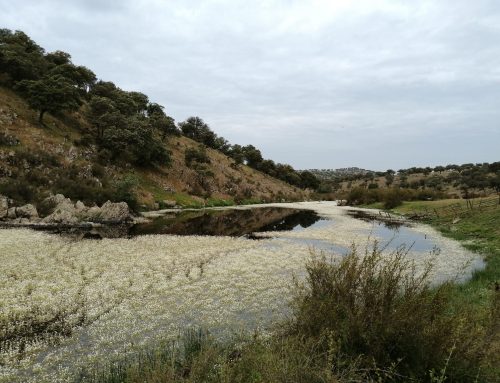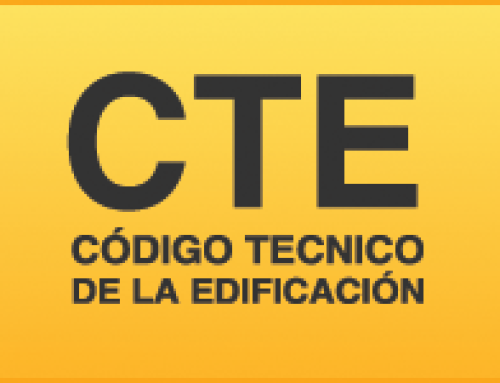Last July 15, dnota medio ambiente, carried out control and monitoring of SARS-CoV-2 in the TRAM BAIX and TRAM BESOS wagons, with the intention of analyzing the presence of the virus and thus take measures to protect their travelers and workers. Twenty-eight points were sampled, of which 26 corresponded to sampling for the presence of the VIRUS on SURFACE, 4 samplings to analyze the presence of the virus in INDOOR AIR.
The samplings were intended to certify the effectiveness of the cleaning carried out in their wagons, with half of the samples being taken before disinfection and the other half after disinfection. The PCR results on all samples were negative, and this reinforces that the measures being taken by the company are adequate to try to avoid contagion in its streetcars.

AIR sampling was performed in accordance with the Methodology for the Sampling of Highly Pathogenic Microorganisms in Environmental Matrices of the National Center for Environmental Health, Instituto de Salud Carlos III. They were carried out with high-tech portable equipment, and with high pathogen uptake filters, with a virus collection efficiency with retention rates up to 99.76%.
The sampling carried out in INDOOR AIR, defines dnota as an innovative company capable of providing a service that integrates the 3 parameters in which the contagion can be transmitted, such as AIR, WATER and SURFACES,
unique service in the market
.
In the dnota laboratory, the measurement technique recommended by WHO, RT PCR, with high sensitivity (detects low virus concentrations) and specificity (effectively differentiates SARS-CoV-2 from other similar coronavirus species), was used on the 28 samples received.
dnota plans to continue to support the control of SARS-CoV-2 in any type of facility and sector, with the intention of reducing contagion among the population and for the peace of mind of workers in their workplaces.


